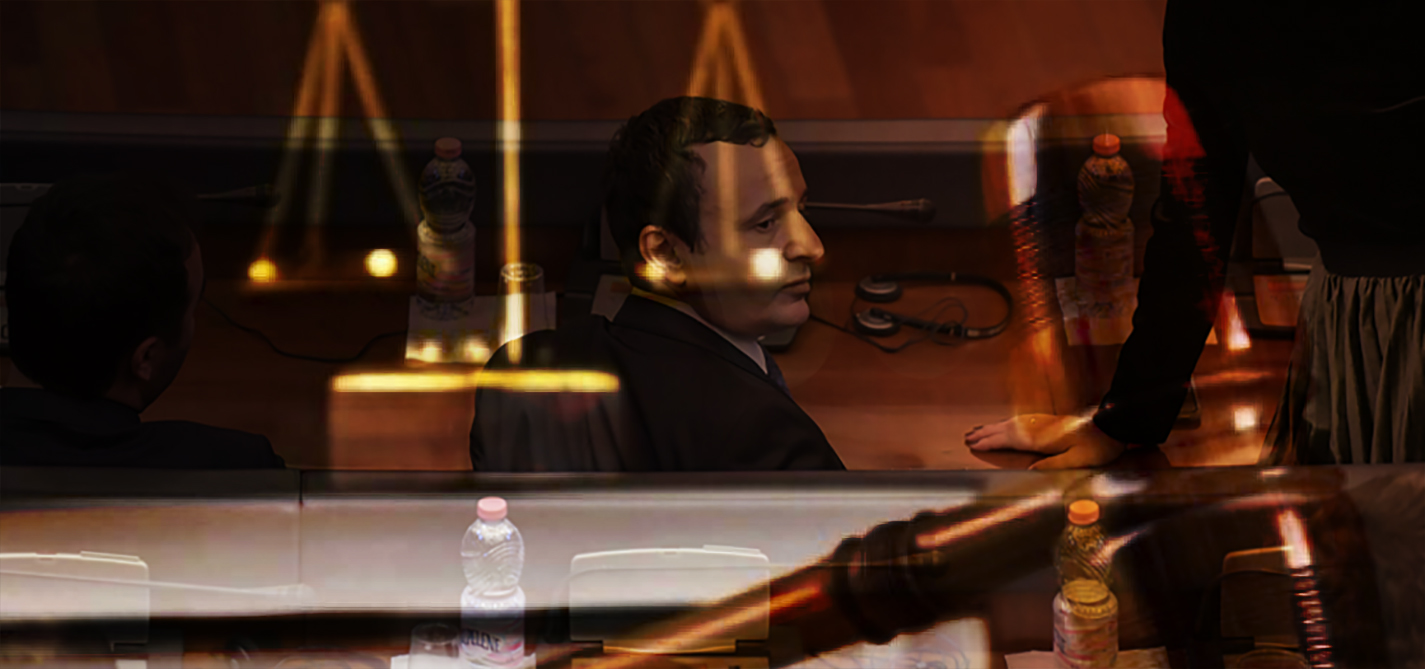
Court keeps 'unconstitutional’ COVID-19 measures in place
Acting PM vows to respect ‘surprise’ decision, announces removal of tariffs.
Now acting Prime Minister Albin Kurti’s Vetëvendosje party made its own request to the Constitutional Court, asking it to assess the constitutionality of the president’s actions.
Marko Đurić called the removal of the tariff “fake news,” and “a play” aimed at members of the international community.
In the meantime, Serbian authorities have appeared to continue their campaign, although it is not clear what standing — if any — the notion of “derecognition” has in international law.
94% of 116,219 respondents answered “Yes” to the question: “Should Albin Kurti continue to be the Prime Minister of Kosovo?”

Tringë Sokoli
Tringë Sokoli is a journalist and former editor at K2.0 (2019-21). For her bachelor’s degree she studied journalism at the University of Prishtina, and for her master’s she studied public policy and administration at the University of Potsdam in Germany.
This story was originally written in English.